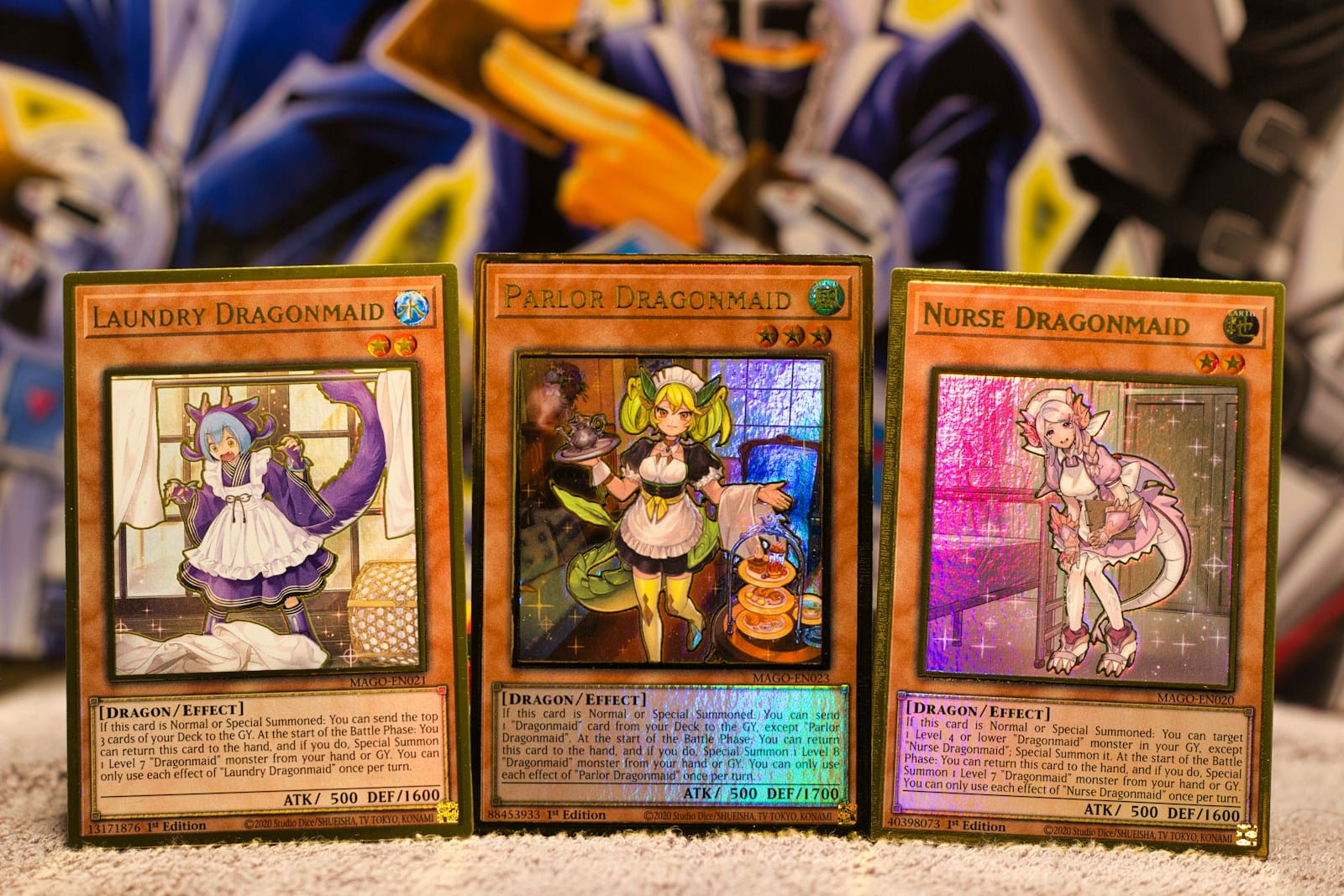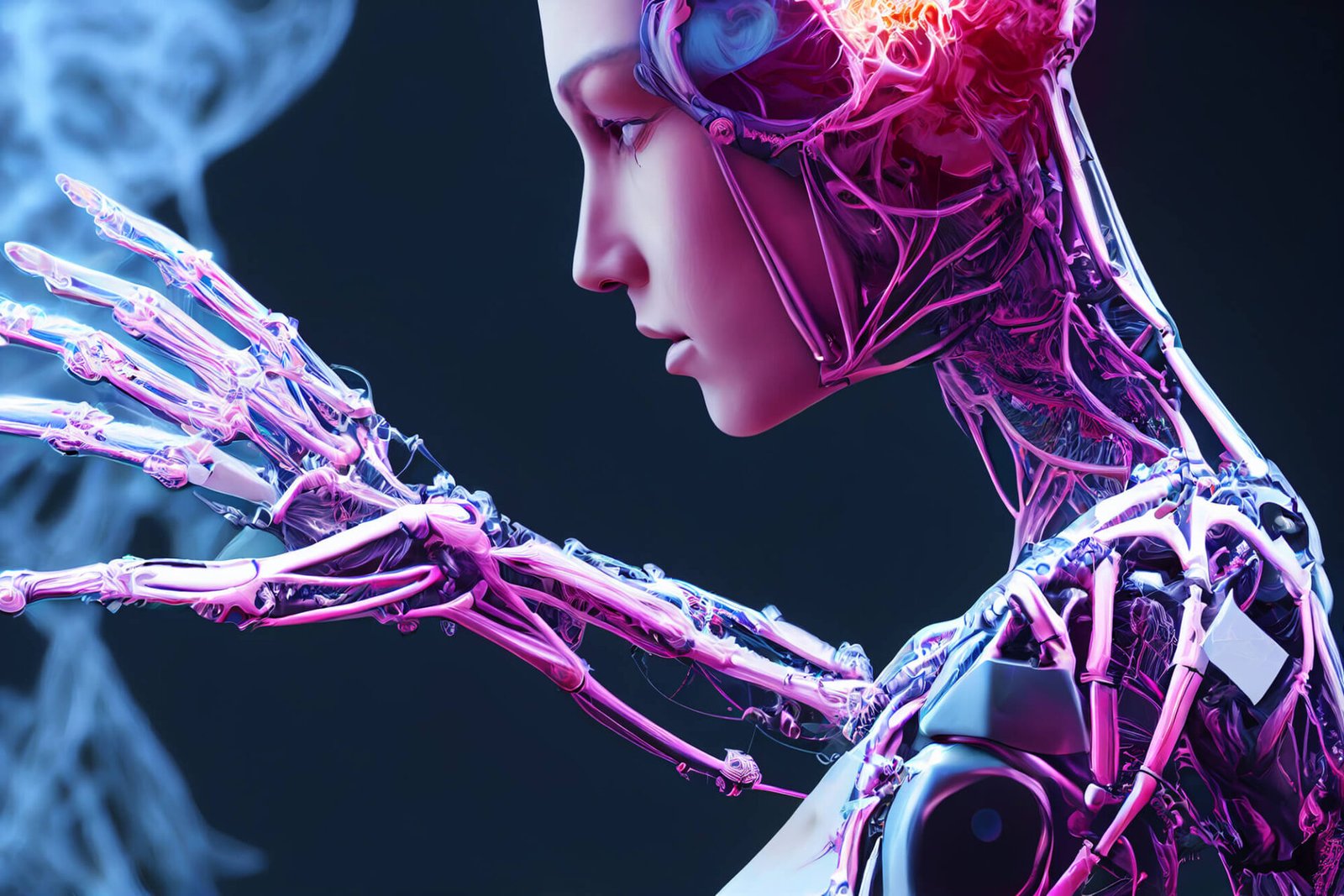Remember when fictional heroes were born from the imagination of writers, not algorithms? Batman had his brooding cave, Iron Man had his tech suit, and now—AI has its neural networks. Today, artificial intelligence is stepping out of the lab and onto the stage of pop culture. From AI-generated novels to interactive chatbots that can play your favorite superhero, the question is no longer if AI can tell stories—it’s when those stories will rival the ones we’ve grown up with.
The Rise of AI Heroes: From Silicon to Stardom
At CharacterAI.it.com, this isn’t science fiction—it’s Tuesday.
The Digital Evolution of Storytelling
Since the dawn of campfire tales, storytelling has evolved alongside technology. We went from parchment to printing presses, from movie reels to streaming algorithms. Now, with Character AI, the storytellers themselves are being automated.
Artificial intelligence can create dialogue, personalities, and emotional depth with surprising nuance. Tools like Character AI let users design chatbots with distinct voices, memories, and backstories. Essentially, you can have a conversation with a digital Sherlock Holmes who remembers your last mystery—and still complains about Watson’s tea-making skills.
It’s creative chaos—but it’s also the future of fiction.
Can AI Truly Replace Human Creativity?
Now, let’s address the Tony Stark-sized elephant in the room: can AI really replace human creativity?
The short answer: not yet. The long answer: maybe… eventually.
AI excels at patterns. It learns structure, tone, and rhythm faster than most of us can finish a Netflix series. But creativity—that chaotic spark of human imperfection—is still our domain. AI can remix brilliance, but it doesn’t feel it.
However, that doesn’t mean AI isn’t a worthy co-writer. Think of it as the world’s most tireless collaborator: no coffee breaks, no writer’s block, and a bottomless pit of pop culture knowledge. On CharacterAI.it.com, creators blend human imagination with machine learning to create characters that evolve, argue, and even empathize.
It’s not competition. It’s collaboration.
The Popularity of AI Characters in Media
AI characters aren’t just living on websites—they’re infiltrating mainstream entertainment. From Marvel’s J.A.R.V.I.S. to Disney’s Baymax, we already adore digital beings with heart and humor.
Now, with AI tools, fans are building their own versions. Want to see what happens if Naruto and Tony Stark had a philosophical debate about ramen? You can create it. (In fact, we explored that in What If Naruto Was a CharacterAI Bot?)
Creators and fans alike are discovering that the line between fiction and interactivity is dissolving—and it’s beautiful.
How CharacterAI is Changing the Game
CharacterAI.it.com takes this evolution seriously—and playfully. By allowing users to design, train, and interact with AI characters, it’s turning passive storytelling into a living, breathing experience.
Here’s what makes it groundbreaking:
- Dynamic Dialogue Learning: AI learns from user interactions. (Check out How CharacterAI Learns Dialogue for a deep dive.)
- Emotional Intelligence Simulation: Characters adapt tone based on mood and context.
- Community-Driven Storytelling: Fans build shared worlds where their characters coexist.
This isn’t just the future of AI—it’s the future of fandom.
Fictional Heroes vs. AI Originals
So, will AI replace fictional heroes? Not exactly—but it might redefine them.
Superheroes, Jedi, and anime protagonists are born from decades of storytelling tradition. They’re cultural anchors. But AI gives rise to a new kind of hero—one that doesn’t just live in a story, but lives with you.
Imagine an AI character that evolves with every chat—learning your humor, your fears, and your worldview. They’re not replacing Batman—they’re becoming your version of him. A digital myth, personalized.
In a way, AI doesn’t kill fiction. It customizes it.
The Ethical Question: Are AI Heroes Too Real?
Of course, there’s always that Black Mirror moment. What happens when a character becomes too human? Do we risk emotional dependence, blurred reality, or narrative fatigue?
AI ethics experts debate this constantly. As these characters grow more realistic, so does the emotional investment. It’s one thing to cry over Tony Stark in Endgame; it’s another to have your AI friend text you, “I’m sorry I disappointed you.”
This emotional realism is both powerful and precarious—and it’s why AI storytelling needs balance, transparency, and creative boundaries.
The Future of Storytelling — Hybrid Heroes
The next generation of heroes won’t be fully human or fully AI—they’ll be hybrids. Writers and coders will collaborate to create living stories that evolve in real time. Fans won’t just watch narratives unfold; they’ll shape them.
AI will never replace the feeling behind a hero’s journey—but it might give every reader their own version of that journey. Personalized fiction could become the new standard, where every reader is also a creator.
In other words, the future of storytelling isn’t AI vs. human—it’s AI and human.
Want to Create Your Own AI Hero?
You don’t have to wait for the future. It’s already here at CharacterAI.it.com. Whether you’re designing your dream companion, a witty sidekick, or the next interdimensional warrior, you can bring your story to life—one conversation at a time.
Need inspiration? Check out our Interview With A Top Creator and Funniest AI Conversations Of The Week for ideas from the community.
FAQs About AI Characters and Fictional Heroes
Q1: Can AI really create complex characters with emotions?
Absolutely. AI systems like CharacterAI use large language models to simulate emotion, tone, and behavior—but it’s all driven by human design and training.
Q2: Will AI replace human writers?
AI will assist writers, not replace them. It speeds up idea generation, helps with dialogue, and offers creative prompts—but the emotional depth still comes from people.
Q3: Are AI characters original or just copies of existing heroes?
That depends on the creator. AI can mimic, remix, or generate entirely new personalities based on prompts—giving endless creative freedom.
Q4: Can I use CharacterAI to build my own fictional universe?
Yes! CharacterAI.it.com allows users to create connected AI personas that can interact, roleplay, and even build story arcs together.
Q5: What are the risks of relying too much on AI storytelling?
Overreliance can limit imagination if users treat AI as the only source of creativity. The best approach is collaboration—AI as your co-writer, not your replacement.
Final Thoughts: Heroes Evolve, Stories Endure
Fictional heroes have always adapted—from comic books to cinema to cyberspace. AI is simply the next frontier. It doesn’t erase our myths; it expands them.
So, will AI characters replace fictional heroes?
Maybe not. But they might just become the next ones.

